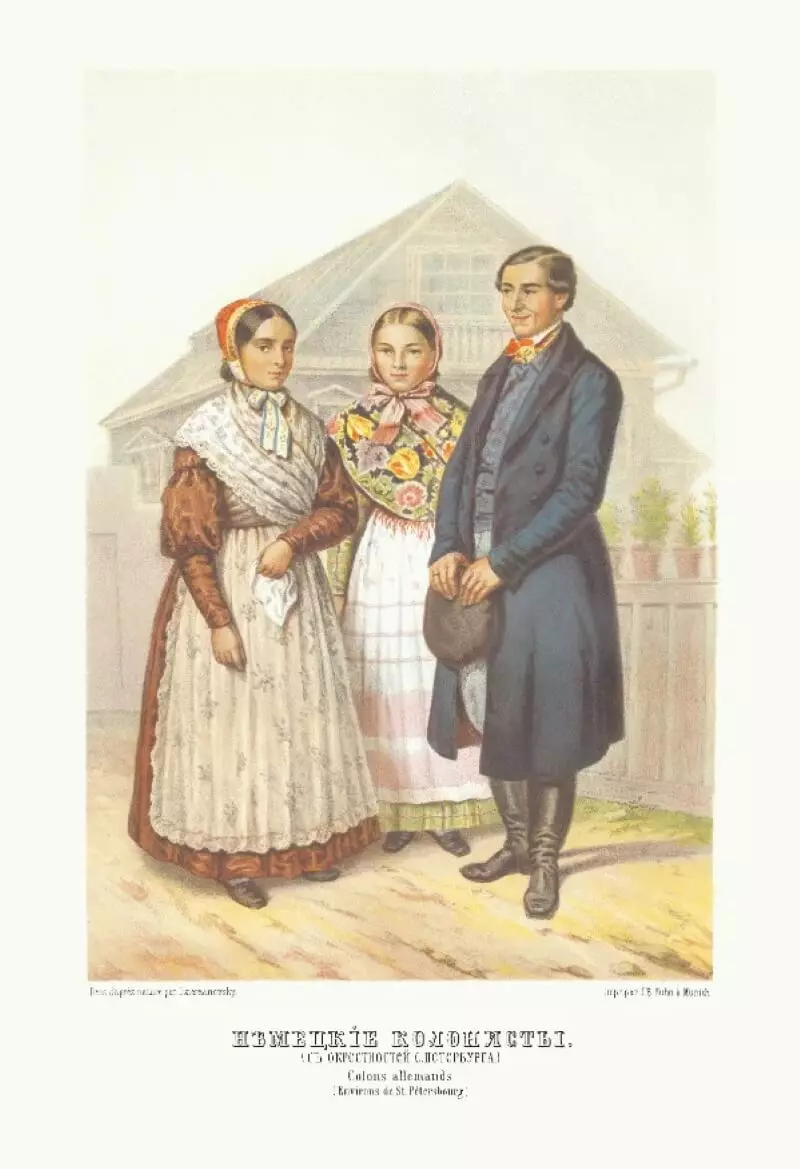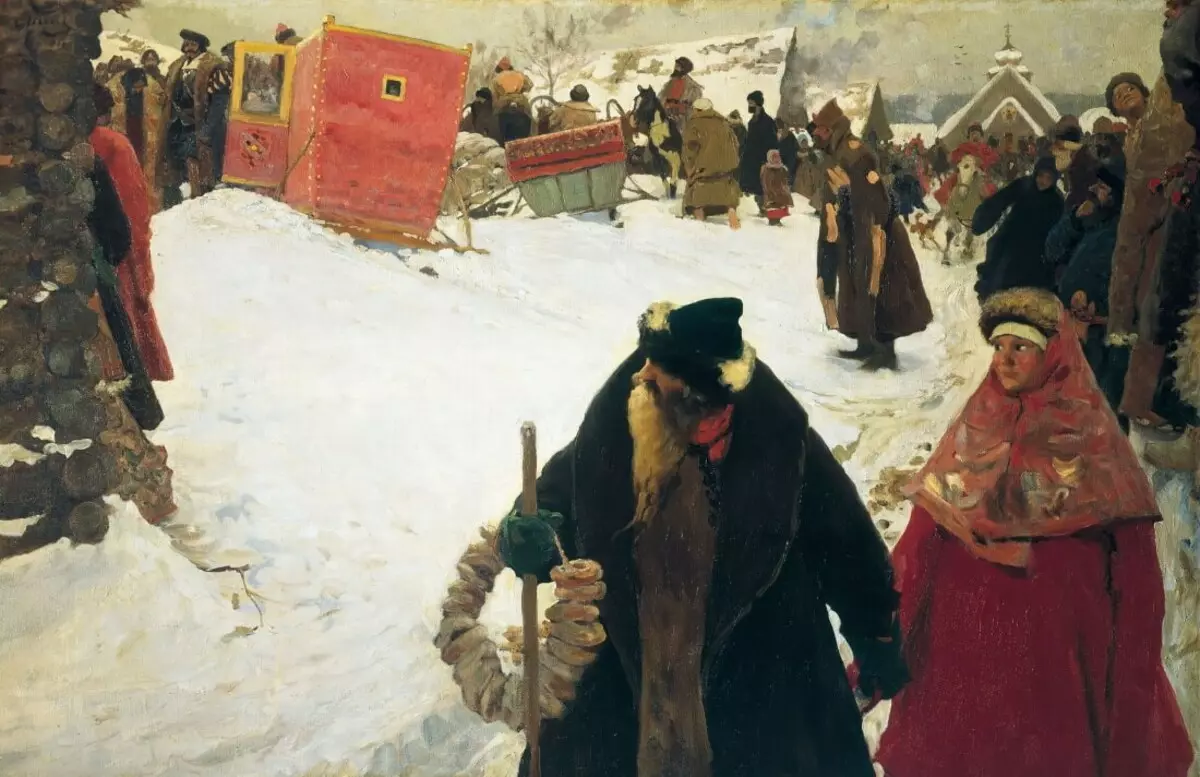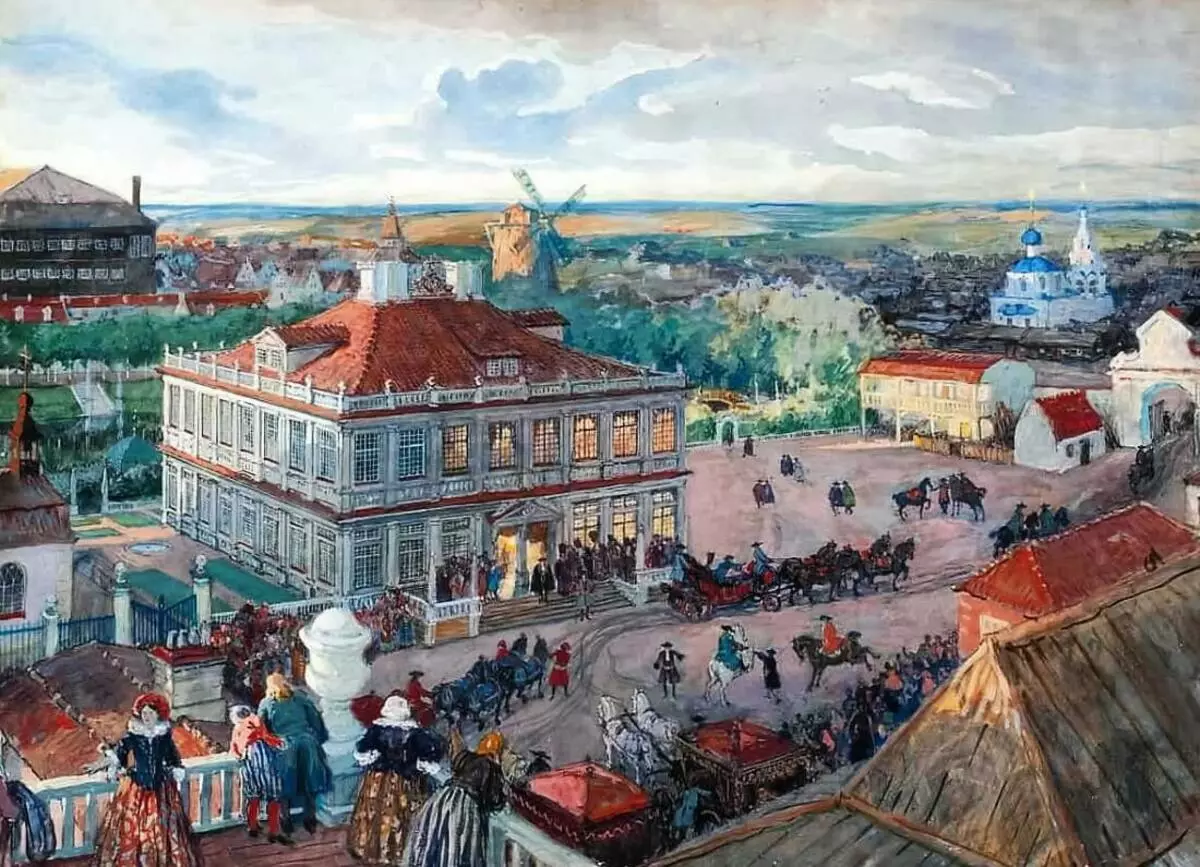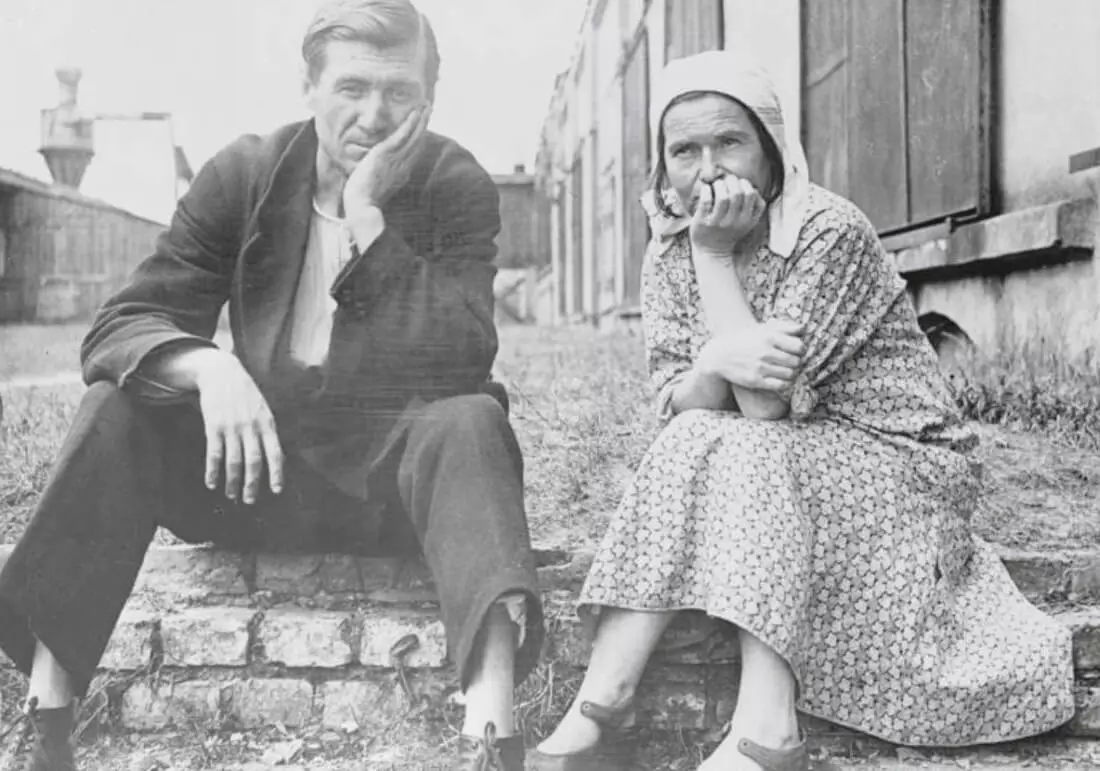Russian Germans are first mentioned in the sources of the IX century, however, the massive resettlement of the German people in the Moscow state has happened much later. At the same time, the Germans themselves came to another country far from their own will.
In history, there were several "waves" of resettlement, but the most large-scale perpetrators of the Novgorod Principality and the Hanseatic Trade Association, which was the reason for the emergence of German merchants in the area of the trading route leading to Novgorod.
In a few centuries, the German Sloboda has already been formed in Moscow, which indicates the mass of foreigners. Moreover, the Russian Germans became a separate ethnic group with their own characteristics of culture and language. What began their appearance in Russia? How was the fate of this people in someone else's country that became the second homeland?
The emergence of Russian Germans
As already mentioned, for the first time about the Germans in Rus, they spoke in the 9th century. Most of them lived in Novgorod, one of the largest economic centers of the country. Representatives of the German people settled in these places to engage in trade and crafts, which contributed to the proximity of the largest trading path leading from Europe to Russia.

At that time, it is mentioned about the Novgorod "German yard" - the area where a variety of goods were manufactured and stored at the end of the XII century. The Russian state moves a significant part of the immigrants from Germany during the reign of Ivan III and Vasily III. But the most massive becomes the "wave" of the XVI century, when Ivan Grozny rose to the throne.
With it, the detachments of mercenaries began to appear, which the people called "German." What is noteworthy, they consisted not only Germans, but also representatives of other European peoples, but people saw a gradual education and expansion of the German diaspora, which turned all foreigners in the "Germans".

Craftsmen, Soldiers, Lekari
Inrogen soldiers in his army, the king considered the main shock force, spending considerable amounts for their content. As the historian Tatyana Chernikov notes, most of the mercenaries initially constituted Protestants.In 1575, the first Lutheran Church was erected in Moscow, which later became referred to as the Church of St. Michael. Under Ivan the Grozny also began to appear German Slobods in different cities. The largest among them became the Sloboda in the capital, which represented a separate area for the German diaspora.
Russian rulers were able to appreciate the dignity and German doctors, many of which served as the court. In those days, there were many signs in Russia, but the professionals were rare. Nikolaus Buloves and Teofil Markvart became one of the most famous physicians among the Russian Germans, which was translated into Russian an ancient hospital "Fellerance Vertograd, Zevevia Creation."
New relocation and planning of deportation
During the reign of Catherine II, German peasants were resettled on the Earth of the Volga region and the Steppe region. For more than half a century, representatives of this people kept the features of culture and language, which remained "canned" in comparison with its analogue from Germany, which was constantly evolving.
Thanks to the manifests 1762-1763. There is the most massive influx of people from Germany to Russia. Catherine Great that herself was a nematic German, realized that her countrymen would help master the expanses of the rapidly expanding new homeland.

Not easy for Russian Germans turned out to be the last century. Because of the early World War I, the Government of Russia decided to alienate land in immigrants from Germany and Austria-Hungary. There is a forced eviction of the Germans from the regions where martial law was announced, German schools and newspapers are closed. Such a policy has caused reasons and pogroms, which was held by the Germans in Moscow.
According to historical reports, the number of pogromes could reach 120 thousand people. The authorities were planned for the violent eviction of the Germans from the Volga region to Siberia, but it was not implemented. According to the decision of March 1917, all "liquidation" measures were suspended.

Soviet period and our days
Difficulties in the life of Russian Germans begin during the Second World War. In the USSR, the Baltic Germans were given the right to depart in Reich. In 1941, the Presidium "On the resettlement of the Germans living in the Volga Regions", which was the result of the liquidation of the Autonomous Republic of Germans. After the end of the war, the German population was not given permission to return to the left lands, because of which the picture of their settlement was preserved until the end of the Soviet period.
As statistics show today, about 500 thousand Germans live in Russia, but about one and a half million people are descendants of the Russian Germans. Nowadays, there are a lot of various organizations aimed at preserving the culture of this ethnic group, which is significantly different from both Russians and "clean" Germans. They became an integral part of the history of their new homeland.

In memory of those who served as in faith and truth, died in the battlefields or fell victim to repression, the "Germans of Russia" memorial was established in St. Petersburg. In the future, this initiative was supported by several other Russian cities, and one only this fact speaks of the significance of immigrants from Germany, which was dedicated to their lives of Russia.
Russian Germans became not just one of the peoples of Russia, but also by people, which contributed to the development of the country. Thanks to them in Moscow, engineering and artillery schools were opened.
The leaving of Germany, Adam Weide, laid the foundations of the Russian military charter. The famous writer of German origin Denis Fonvizin made the creator of a new genre in Russian literature - a household comedy. And his compatriot, Soviet mathematician Otto Schmidt, initiated reforms in the education system. They all belonged to the German people, however, worked for the benefit of the new homeland - Russia.
